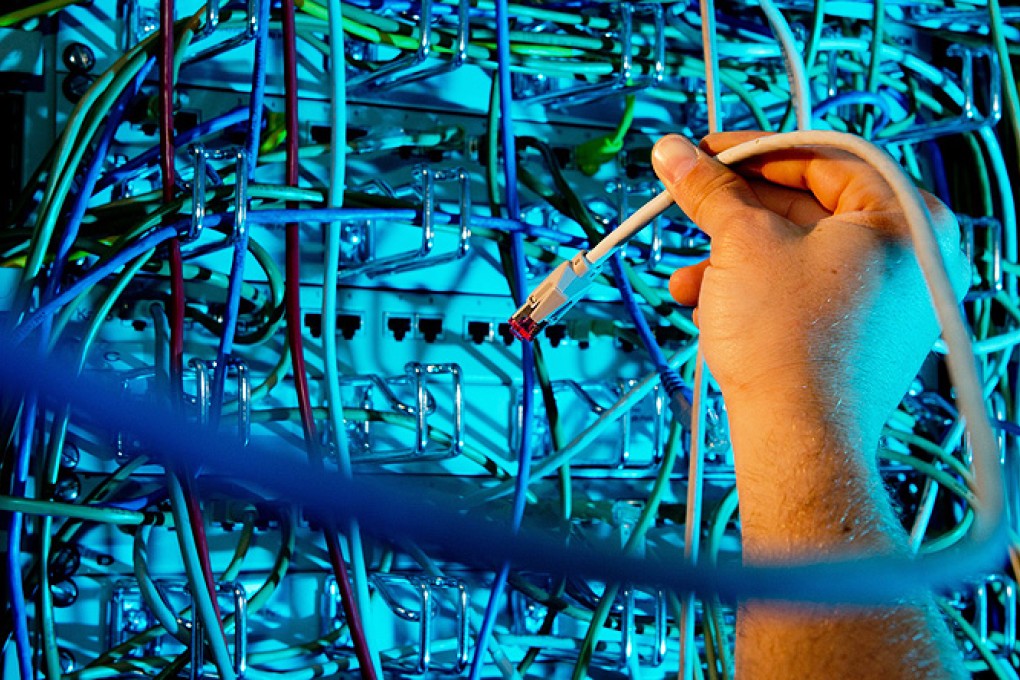Internet governance too US oriented, says European Commission
European Commission says Edward Snowden's NSA revelations call into question US role in internet governance, which should be more global

The mass surveillance carried out by the US National Security Agency (NSA) means that governance of the internet has to be made more international and less dominated by America, the European Union’s executive has declared.
Setting out proposals on how the worldwide web should function and be regulated, the European commission called for a shift away from the California-based Internet Corporation for Assigned Names and Numbers (ICAAN), which is subject to US law, is contracted by the US administration and is empowered to supervise how digital traffic operates.
“Recent revelations of large-scale surveillance have called into question the stewardship of the US when it comes to internet governance,” said the commission.
“Large-scale surveillance and intelligence activities have led to a loss of confidence in the internet.”
“Given the US-centric model of internet governance currently in place, it is necessary to broker a smooth transition to a more global model while at the same time protecting the underlying values of open multi-stakeholder governance … Large-scale surveillance and intelligence activities have led to a loss of confidence in the internet and its present governance arrangements.”
Besides criticising US domination of how the internet and digital traffic is organised, including the allocation and determination of domain names, the Brussels institution also warned against increasing governmental attempts to control the internet, as in China, Russia, Iran, and increasingly Turkey – which passed a stringent new law last week curbing online freedoms.
“Governments have a crucial role to play, but top-down approaches are not the right answer. We must strengthen the multi-stakeholder model,” said Neelie Kroes, the commissioner for digital affairs. “Our fundamental freedoms and human rights are not negotiable. They must be protected online.”
She spoke out against giving the United Nations the power to organise and supervise the internet or to grant such authority to the International Telecommunications Union, voicing fears that it would confer too much power on governments.
